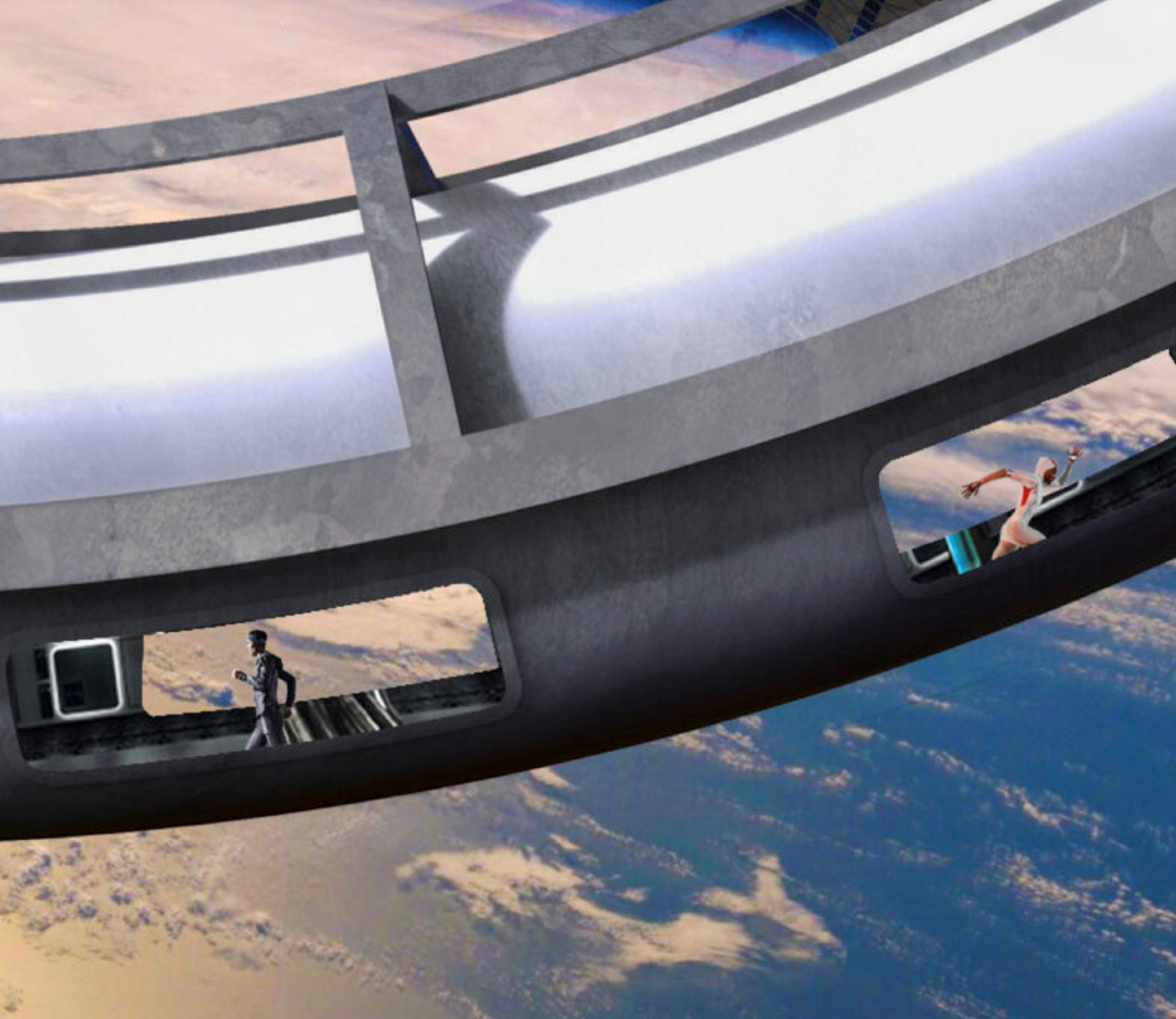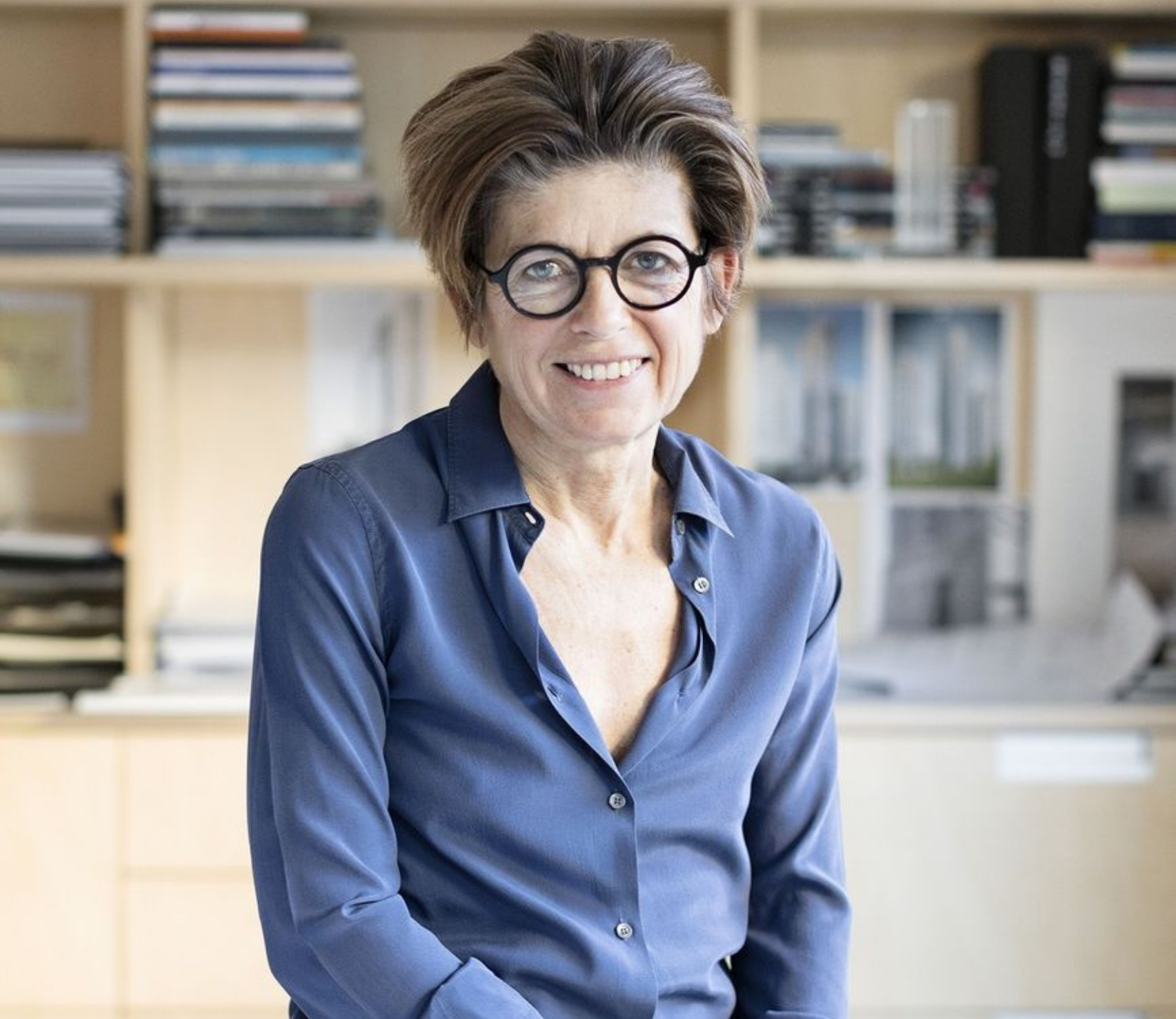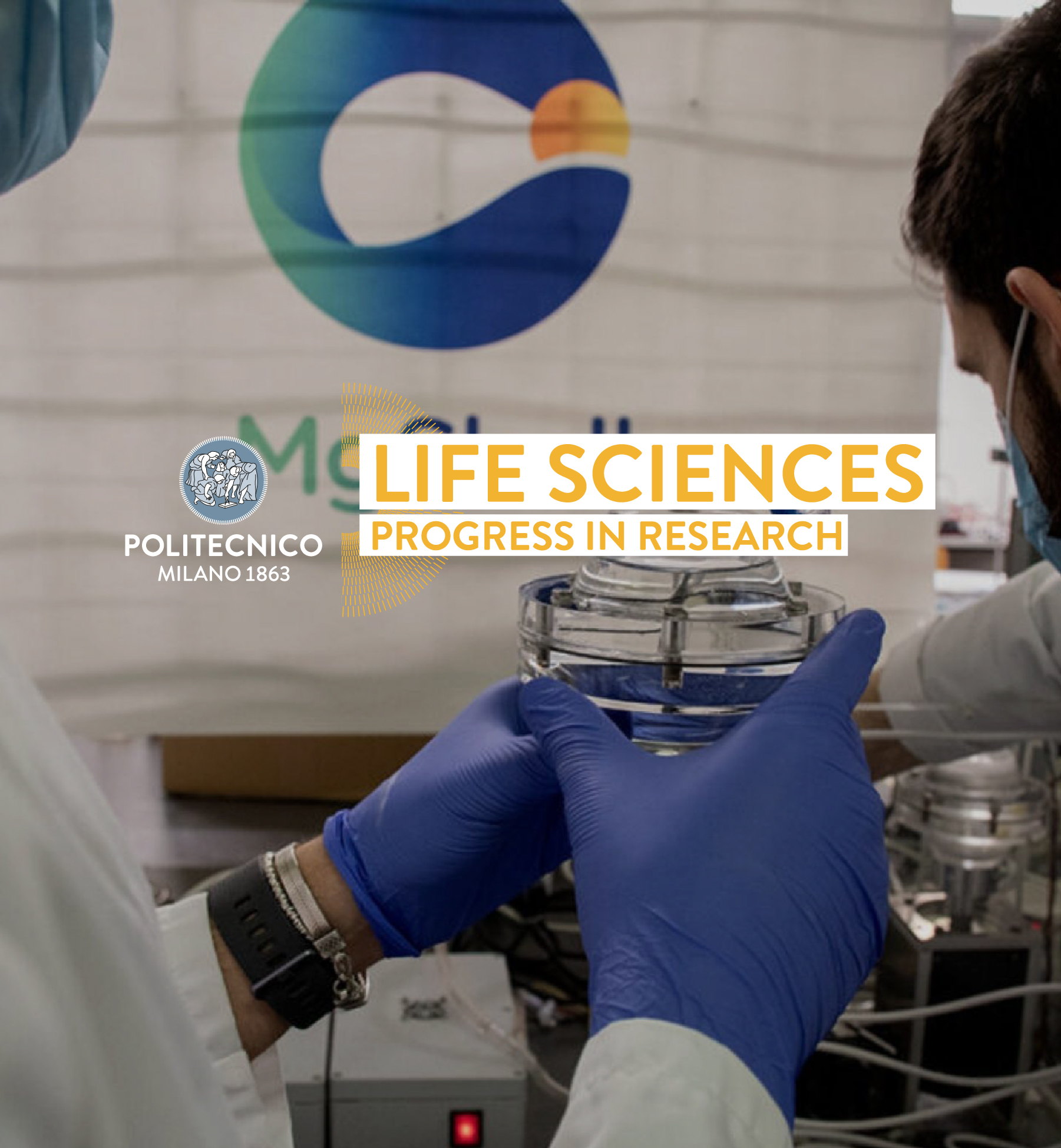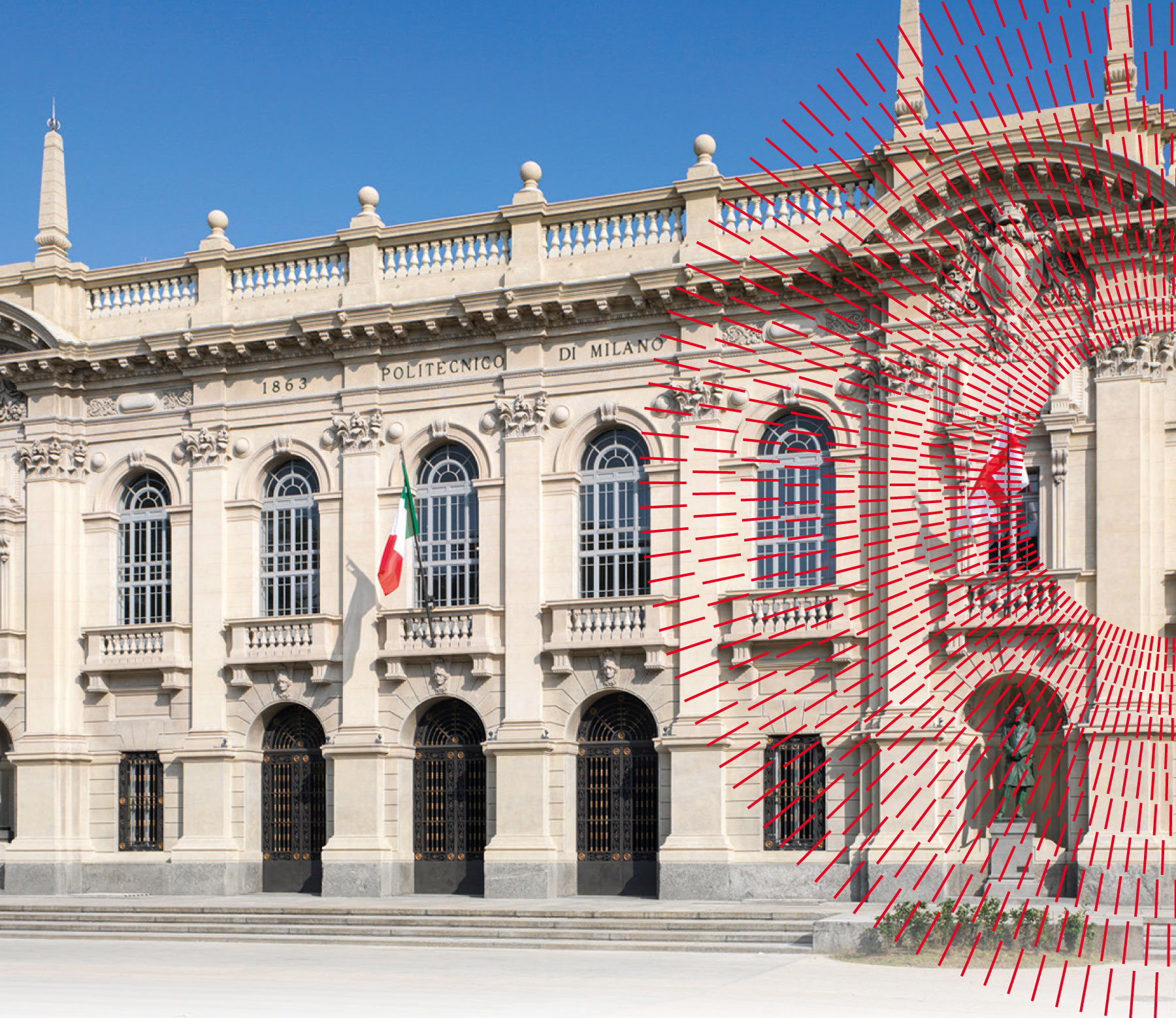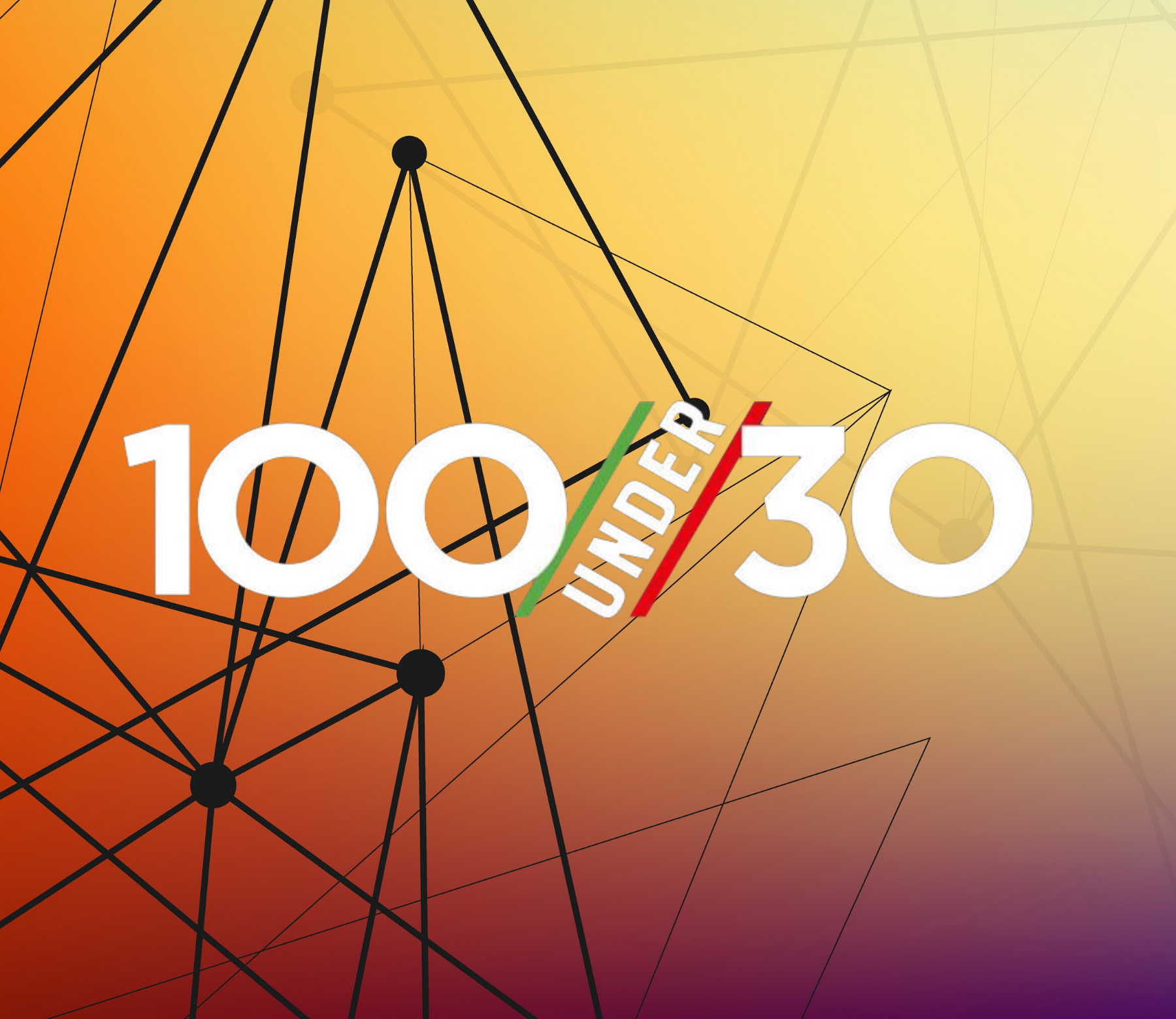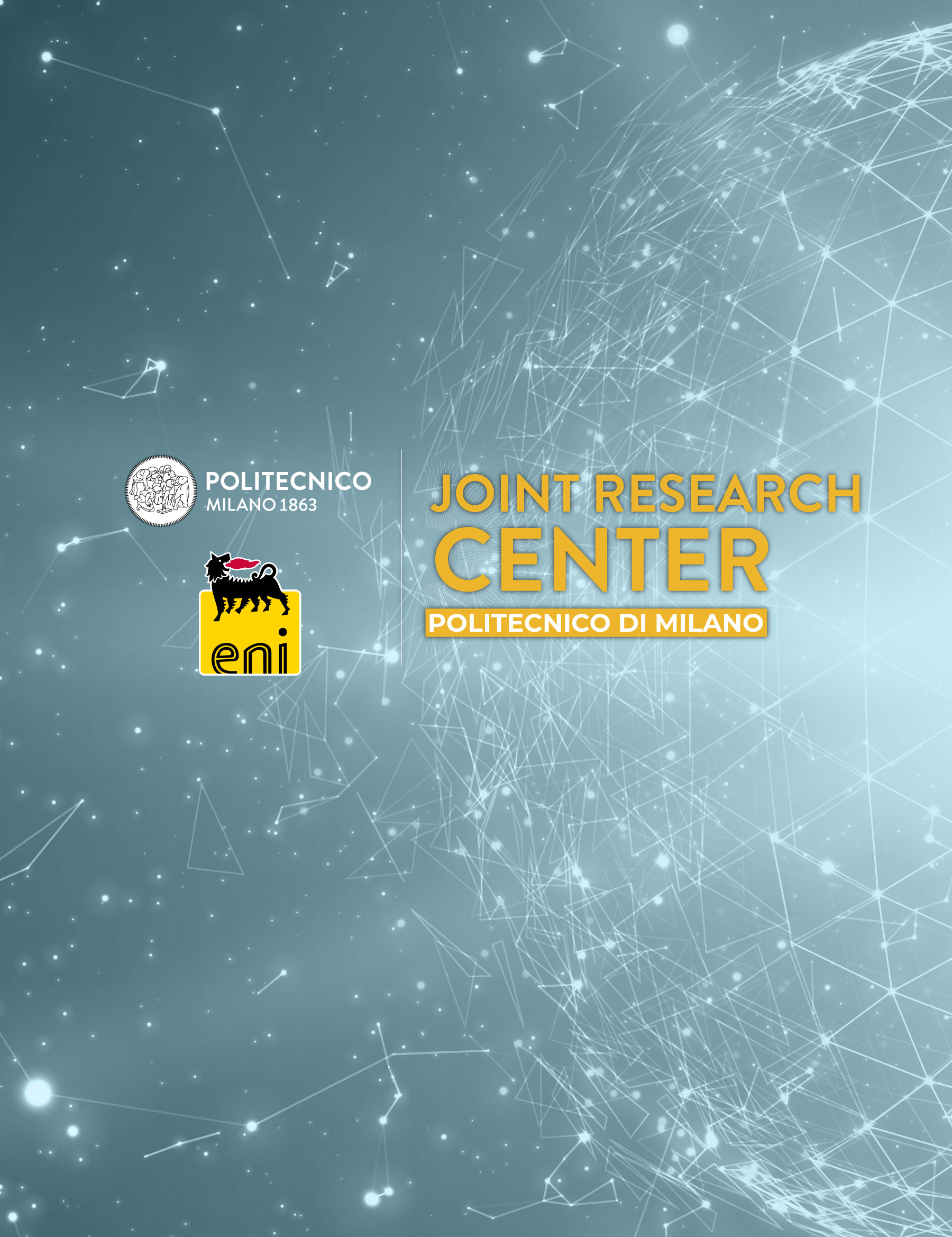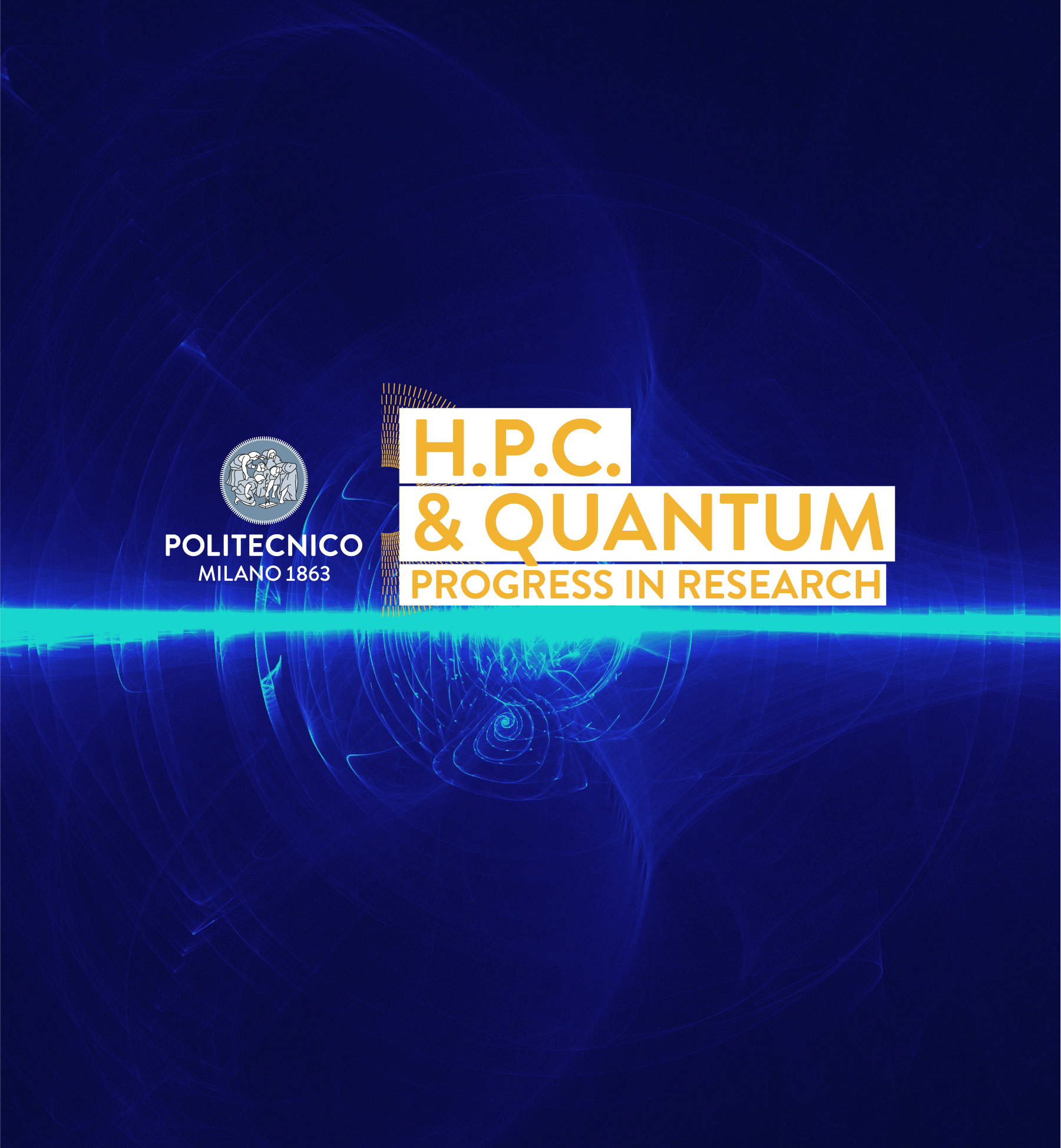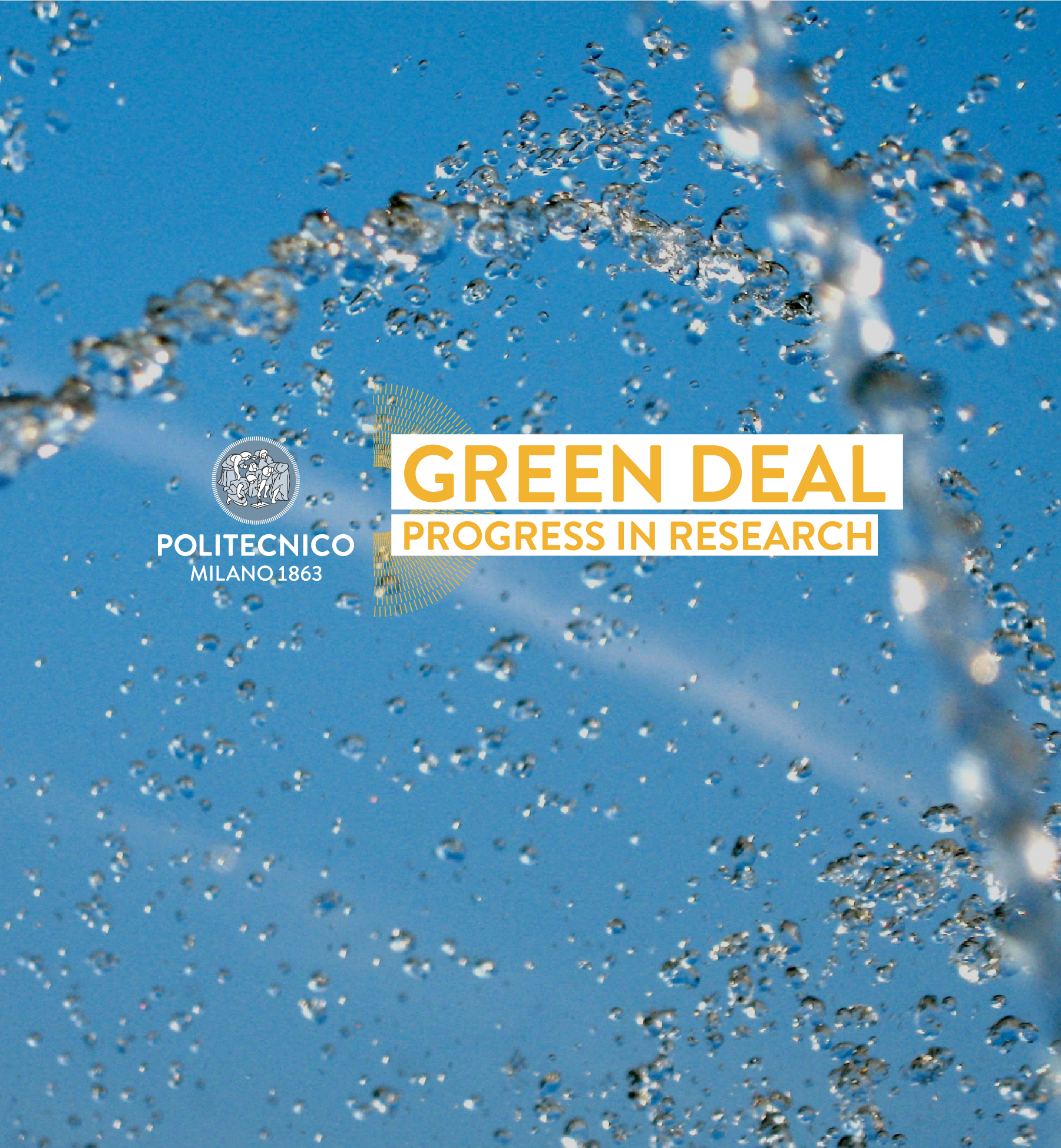On April 8 they were guests of the Digital Talks “ Design for life in space ” Annalisa Dominoni and Benedetto Quaquaro , since 2017 responsible for Space4InspirAction at the Politecnico , the first and only Space Design course in the world, in collaboration with ESA, the European Space Agency. The webinar was also an opportunity to present the book “ Design of Supporting Systems for Life in Outer Space ", by Dominoni, published by Springer.

"I like to define designers as creator of problems as well of solutions, generating innovation and bettering the life of people, in space and on earth." says Dominoni in an interview to Wired
Design for space often means adapting existing technologies for a new paradigm:innovate through shape and function connecting innovation and technology
Looking at the future in terms of space cities and stations but with a close look on the needs of the present: design space means to think concretely at "improving the quality, the performance and the efficiency of people in orbit".
According to this principle Dominoni has designed a system of intra-vehicolar clothing (to wear in the International Space Station and within space vehicles) that is addressing all the parameters of comfort, hygene and efficacy with anti-bacteria textiles that are also thermo-regulating and able to adapt to the surrounding environment (we have also discussed about the the topic also on MAP #7)
"Design places the human being at the center and tries to interpret its needs in the most sustainable way: if an astronaut lives and works in a comfortable environment, and with more efficient equipment, his performance increases, and can determine the degree of success of a mission. "“
The designer who designs for space must have the ability to predict, be able to imagine his product in an unknown environment: for example, how will it react in orbit, in conditions of microgravity? "The difficulty lies in the fact that these particular conditions are often not reproducible in the laboratory and it is not possible to experiment on Earth during the conception phase", explains Dominoni to the Alumni (we also talked about it with Manuela Aguzzi, Alumna of Prof. Dominoni and first designer "Instructor of astronauts", in issue 3 of the MAP).
WATCH AGAIN THE DIGITAL TALK OF APRIL 8TH, 2021
During the event, the role of design was explored as a way to improve the conditions of permanence and work in orbit and in proposing methods and tools to address the extreme environmental conditions and transform them from limitations into opportunities.
Cover photo © ESA


